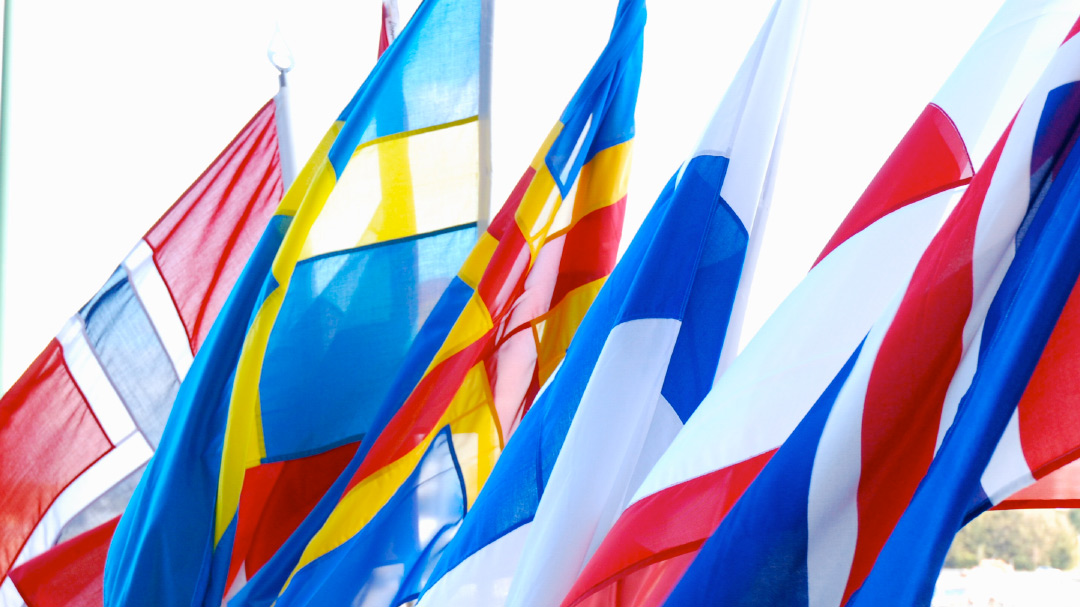How will the Nordic countries reform welfare state?

Finland holds the chairmanship of the Nordic Council of Ministers in 2016. The first conference during Finland's term will held in Turku on 27–28 January with the theme "The Nordic countries – How are they doing?" The conference will be opened by Minister of Nordic Co-operation Anne Berner.
An forum for side events and a Nordic youth café will be organised in conjunction with the conference.
The conference can be followed live at http://vod.kepit.tv/stm.html
And in social media at #norden2016.
Demographic changes, changes in the economy and working life, global policy crises and immigration pose challenges to the welfare society in the Nordic countries, and across Europe. We need new solutions and new ways of action to ensure continued wellbeing and equality. The objective of the three-year project is to find answers to these questions.
A joint project to collect information on wellbeing
The Ministry of Social Affairs and Health, the Ministry of Education and Culture and the Ministry of Employment and the Economy are launching a joint project in 2016. The aim of the project is to collect and refine information on wellbeing in cooperation with the Nordic countries and improve the use of the information in decision-making. The Nordic Council of Ministers will be responsible for the financing of the project which is entitled "An Open and Innovative Nordic Region with Healthy People 2020 – Equal Opportunities for Welfare, Culture, Education and Work".
First, the project will map the strengths and future challenges of the Nordic welfare model. These include changes in the operating environment and the collapse of one, shared culture. How to balance society's risks in the future and what can a citizen expect from society in the future?
The main idea behind the project is that the welfare society must be developed across the board. The project will focus on well-being, diversity, equality, gender equality and culturally sustainable development. Particular attention will be attached to children and young people. The project will draw on and take into account earlier and ongoing Nordic research and innovation activities.
The Nordic countries are internationally renowned for their model of welfare society which guarantees equal opportunities for everyone. In terms of health, occupational safety, gender equality and educational opportunities, people's quality of life in the Nordic countries ranks as one the world' best. In 2014, for example, the Nordic countries were at the top of the Global Gender Gap Index published by the World Economic Forum.
Inquiries:
Kirsi-Marja Lehtelä, Project Manager, National Institute for Health and Welfare, tel. +358 295 246 879,
Maria Waltari, Ministerial Adviser, Ministry of Social Affairs and Health, tel. +358 295 163 337
Annika Söderlund, Counsellor for Cultural Affairs, Ministry of Education and Culture, tel. +358 295 330 382
Sini Keinonen, Project Coordinator, Ministry of Education and Culture, tel. +358 295 330 145